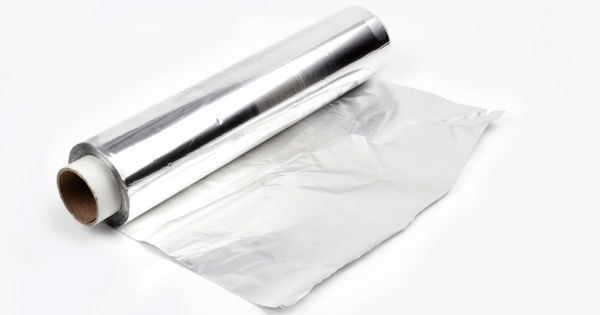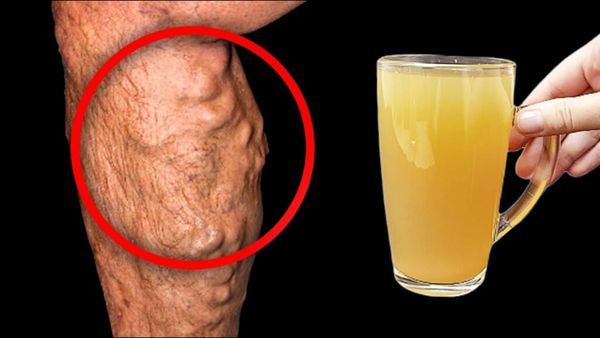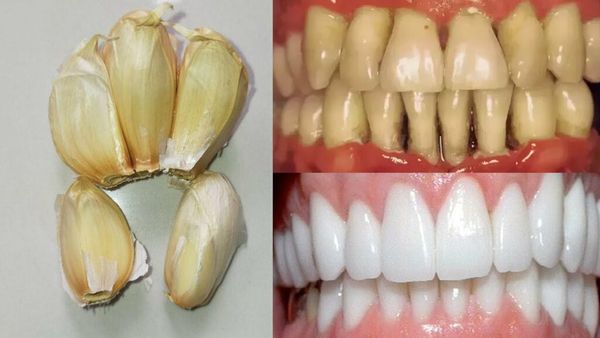It’s important to be aware of the warning signs that could indicate kidney problems. These signs may not always be obvious, but paying attention to them can help you catch any issues early on. Here are some key warning signs to look out for:
1. You’re Always Tired
Feeling tired or fatigued all the time can be a sign of kidney problems. When your kidneys aren’t functioning properly, toxins can build up in your body, leading to fatigue. Additionally, your kidneys play a role in producing a hormone that tells your body to create red blood cells.
If you have fewer red blood cells, your muscles and brain may not receive enough oxygen, causing you to feel exhausted. It’s important to get your kidneys checked if you experience persistent fatigue.
2. Poor Sleep
There may be a link between sleep apnea and chronic kidney disease (CKD). When you have CKD, your organs may be damaged over time, potentially leading to kidney failure.
One way sleep apnea can harm your kidneys is by depriving your body of sufficient oxygen. Conversely, CKD can also cause sleep apnea due to various factors like toxin buildup and the narrowing of your throat. If you have trouble sleeping or suspect sleep apnea, it is worth getting checked for kidney problems.
3. Itchy Skin
If your kidneys are struggling to eliminate toxins from your body, these toxins can accumulate in your blood, leading to itchy skin. Over time, imbalances in minerals and nutrients caused by kidney dysfunction can result in mineral and bone diseases, which can make your skin dry and itchy. If you notice persistent itchiness, it’s worth investigating further to rule out any kidney issues.
4. Swollen Face and Feet
When your kidneys are not effectively removing sodium, fluid can accumulate in your body, resulting in swelling. This swelling is often noticeable in your hands, feet, ankles, legs, or face.
Additionally, protein leaking into your urine can cause puffiness around your eyes. If you experience unexplained swelling, it’s essential to consult a healthcare professional for a kidney evaluation.
5. Muscle Cramps
Muscle cramps, especially in your legs, can be a sign of poor kidney function. Imbalances in electrolytes like sodium, calcium, and potassium can disrupt how your muscles and nerves work, leading to cramping. If you regularly experience muscle cramps, it’s important to investigate the underlying cause, including the health of your kidneys.
6. Breathlessness
Kidney disease can contribute to breathlessness in multiple ways. First, when your kidneys are not functioning properly, they may not produce enough of a hormone called erythropoietin, which signals your body to make red blood cells.
Without enough red blood cells, you may develop anemia, leading to shortness of breath. Additionally, fluid buildup in the body can also contribute to breathlessness. If you frequently feel short of breath, particularly during physical activity, consult your doctor to assess your kidney health.
7. Foggy Head
When your kidneys are unable to filter waste properly, toxins can affect your brain, leading to a foggy head feeling. Anemia, which can be a result of kidney problems, can also deprive your brain of the oxygen it needs, causing dizziness, difficulty concentrating, memory issues, and confusion. If you notice persistent cognitive impairments, it’s crucial to investigate whether your kidneys are functioning optimally.
8. Low Appetite
Nausea, vomiting, and an upset stomach are common symptoms of kidney disease, which can result in a decreased appetite. When your kidneys are not functioning properly, it can disrupt your digestive system and leave you with little desire to eat.
This can contribute to weight loss over time. If you are experiencing a persistent loss of appetite, it’s important to consider kidney health as a potential cause.
9. Foul Breath
Without proper filtration by the kidneys, waste products can accumulate in your body, leading to a condition called uremia. Uremia can cause a foul odor in your mouth. Additionally, toxins in your bloodstream can give your food a metallic or off taste, contributing to bad breath. If you notice persistent bad breath, it’s worth discussing with your healthcare provider.
10. Foamy, Brown, or Bloody Urine
If you notice that your urine is foamy, brownish, or contains blood, it could be a sign of kidney problems. Excessive protein, called albumin, in the urine can indicate issues with kidney function. Similarly, brown or very pale urine can be indicative of kidney dysfunction.
Blood in the urine can also be a result of kidney stones, tumors, or an infection. If you observe any abnormalities in your urine color or consistency, it’s essential to seek medical attention.
Being aware of these warning signs can help you identify potential kidney problems early on. If you experience any of these symptoms persistently, it’s important to consult with your healthcare provider for a proper evaluation and diagnosis. By detecting and addressing kidney problems early, you can better manage the condition and prevent further complications.





